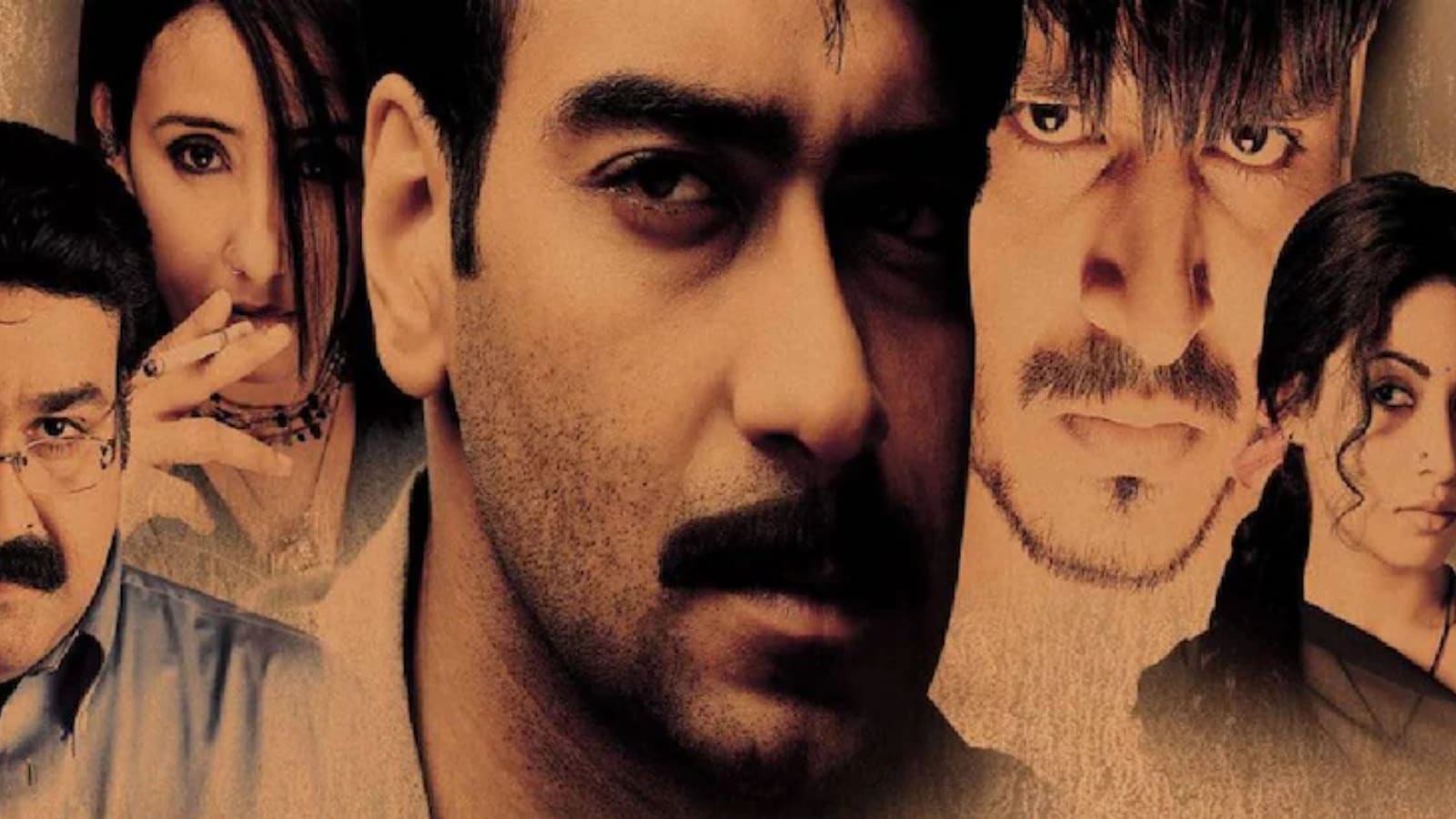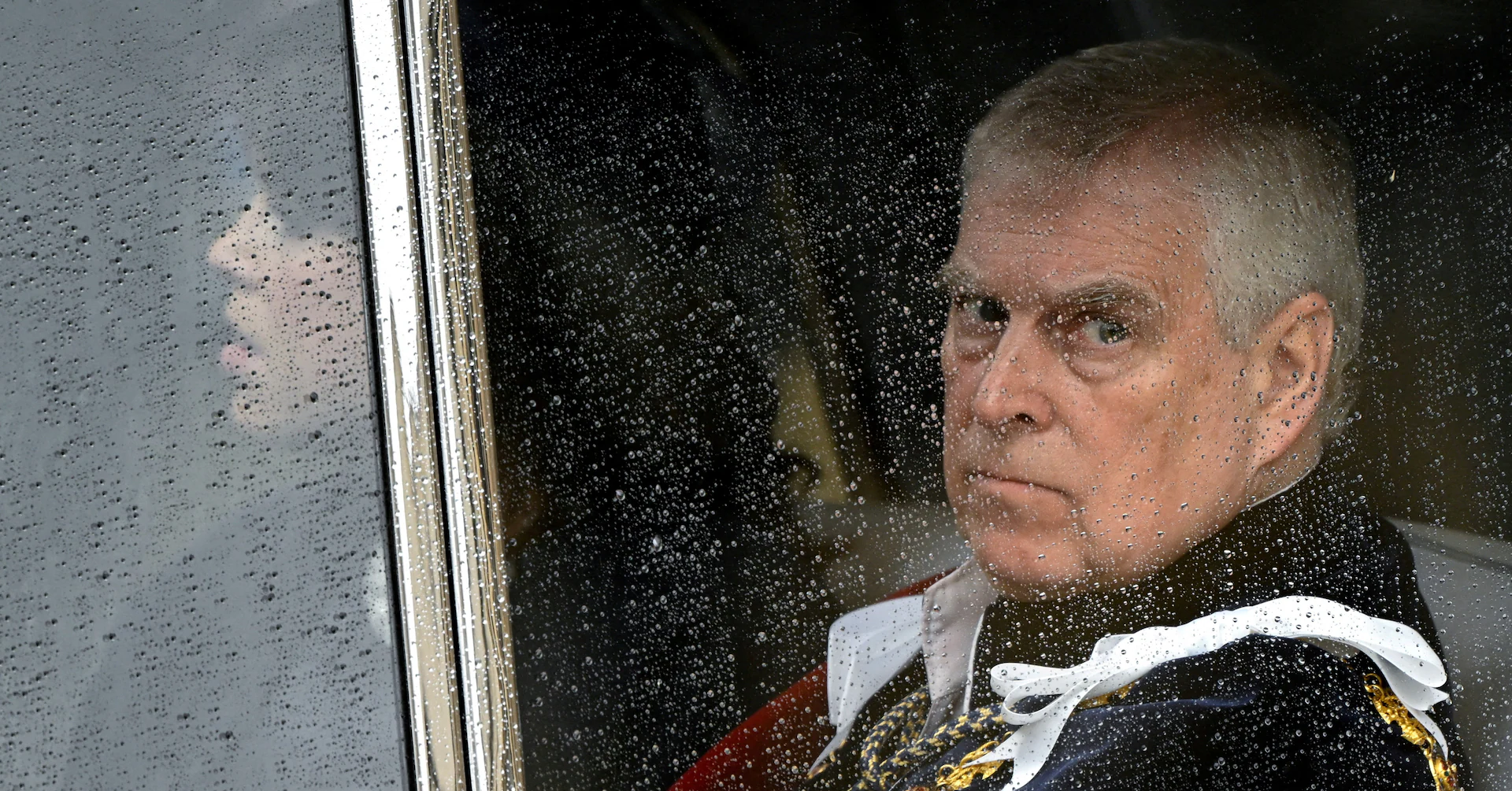Copyright news18

Few films have captured the raw, dangerous pulse of Mumbai’s underworld quite like this film. Released in 2002, Ram Gopal Varma’s Company didn’t just depict organised crime, it dragged audiences straight into its gritty heart. Grim, gripping, and startlingly real, the film redefined gangster cinema in India and quickly earned cult status. Today, over two decades later, it remains a landmark in Indian filmmaking, with die-hard fans claiming to have watched it more than 50 times. In the late 1990s, Ram Gopal Varma (RGV) introduced audiences to a whole new kind of cinema – starkly realistic, with action sequences so convincing that they blurred the line between fiction and reality. In 1998, he released Satya, a gritty tale of gangsters in Mumbai. The character of Bhiku Mhatre, played by Manoj Bajpayee, became iconic, so much so that Manoj Bajpayee himself became closely identified with the name. Though Satya initially underperformed at the box office, it eventually went on to become a major success. Following Satya, RGV returned to the same thematic territory with Company, released on April 12, 2002. But this time, the portrayal of gangsters was even more structured, reflective of the changing dynamics of organised crime in Mumbai. Star Cast and Storyline: Company featured an ensemble cast including Ajay Devgn, Vivek Oberoi, Manisha Koirala, Antara Mali, Mohanlal, Seema Biswas, and Akash Khurana. Supporting roles were played by actors like Rajpal Yadav and Vijay Raaz. The screenplay was written by Jaideep Sahni, with music composed by Sandeep Chowta. Two of the film’s songs – Ganda Hai Dhandha Hai Ye and Tumse Kitna Pyar Hai – became especially popular. Produced by RGV and Boney Kapoor, the film was made on a modest budget of around Rs 8 crore and grossed Rs 25 crore globally. It was the eighth highest-grossing Indian film of 2002 – a year when most films struggled commercially. A Tale Inspired by Real Events: While Satya portrayed the lives of street-level gangsters, Company was a more sophisticated look at organised crime, exploring the complex relationship between the Mumbai underworld and Bollywood. The story closely mirrors the real-life rise and fallout between infamous dons Dawood Ibrahim and Chhota Rajan, who together once ruled the Mumbai underworld. Their partnership eventually deteriorated into rivalry, culminating in an assassination attempt on Chhota Rajan in Bangkok in 2000. He was later arrested in 2015. The film’s plot was inspired by a story told to RGV by Hanif Kadawala, a film producer who was also accused in the 1993 Mumbai bombings. Hanif Kadawala, who was later murdered in 2001, had direct links with underworld figures and allegedly supplied arms to Bollywood actor Sanjay Dutt. It was from his narration that RGV conceived the idea of Company. To ensure authenticity, RGV met with several high-ranking police officers to understand the workings of the criminal world and its clash with law enforcement. The film’s title itself was a nod to D-Company, Dawood Ibrahim’s criminal organisation. Company marked Vivek Oberoi’s Bollywood debut. In preparation for his role, he went to great lengths — living in a Mumbai slum, darkening his complexion, and learning the local street slang (Tapori) to fully inhabit the character of Chandu, which was loosely based on Chhota Rajan. Mohanlal, the legendary Malayalam actor, played the role of a no-nonsense Mumbai Police Commissioner — a character inspired by Dhanushkodi Sivanandan, who held the post from 1998 to 2001. In reality, Sivanandan played a major role in dismantling Mumbai’s organised crime rings. He was instrumental in enacting the MCOCA (Maharashtra Control of Organised Crime Act) and was credited with the arrest of over 1,600 criminals. Notably, both Mohanlal and Sivanandan hail from the South of India, making the casting all the more fitting. Satya vs Company – A Director’s Evolution: In a later interview, RGV explained the difference between Satya and Company, “When I made Satya, I didn’t understand the underworld well. It was during the making of that film that I began to learn more. After 1998, gang wars intensified. Company was my attempt to present the underworld in a more organised, business-like way.” He further added, “There were no ‘dons’ in Satya. But a film producer once told me about his connections with Dawood and Chhota Rajan — how they had both love and hatred between them. That’s the story I wanted to tell in Company.”



